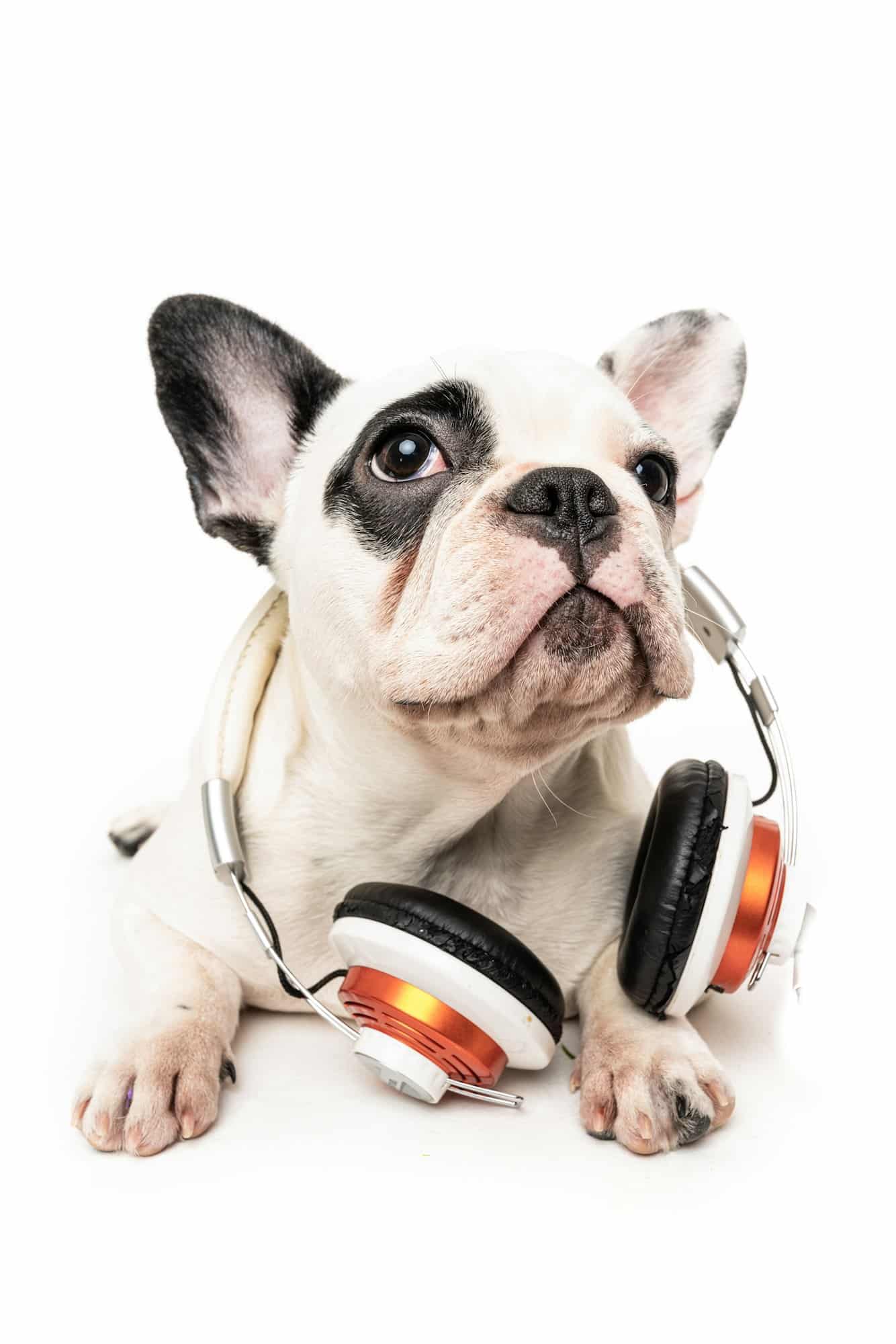How to Create a Puppy Socialization Checklist for New Owners?

Bringing home a new puppy is an exhilarating experience filled with joy and anticipation. However, this significant event also comes with a fair share of responsibilities. One crucial task is to ensure your puppy gets the right socialization from the start. Well-socialized dogs are known to develop into confident and well-behaved adults. By creating a comprehensive puppy socialization checklist, you’ll provide your pet with a variety of positive experiences that can shape its behavior and temperament in the future.
Understanding the Importance of Puppy Socialization
Before you can create a successful socialization checklist, you need to understand its significance. Socialization is the process that helps your pup learn about the world around them. Through this process, they get accustomed to different people, animals, sounds, and experiences.
A lire également : What Are the Best Dog Breeds for Running Partners?
Socializing your puppy can significantly influence their behavior as they mature. It can help your pet feel more comfortable and safe in different environments, reducing the likelihood of fear or aggression. It can make vet visits, grooming, trips to the park, and interactions with other dogs and people more enjoyable for both of you.
Puppies have a prime socialization period between 3 and 12 weeks of age. It is during this period that they are most receptive to new experiences. Therefore, it becomes crucial for pet owners to start socialization training as soon as the puppy arrives home.
Cela peut vous intéresser : What Are the Best Low-Energy Dog Breeds Suitable for Apartment Living?
In the following sections, we’ll unravel a step-by-step guide to creating a comprehensive puppy socialization checklist.
Setting the Stage for Socialization
Firstly, ensure that your pet is ready for socialization. You can check with your vet about when it’s safe for your puppy to start experiencing the outside world, particularly in relation to their vaccination schedule.
Next, create a safe, positive, and controlled environment for these experiences. Your puppy’s earliest experiences will leave a lasting impact. Hence, ensure these are positive ones. Any negative experiences at this early stage can lead to lifelong phobias.
To prepare, gather different items that will replicate various sounds and experiences. These can include vacuum cleaners, umbrellas, hats, or even a baby stroller. Gradually introduce these items to your pup, rewarding them with treats for calm behavior.
Developing a Thorough Checklist
A puppy socialization checklist should include a variety of different experiences, sounds, people, and other animals.
Experiences: Start by exposing your puppy to different environments. Take them on car rides, invite them into different rooms in the house, and introduce them to various household items. Remember, these experiences should be controlled and positive. If your puppy seems overwhelmed, take it slow.
Sounds: Puppies can be startled by new sounds. Introduce them slowly to noises such as thunder, car honks, or the sound of a vacuum cleaner. Use soundtracks or videos to help desensitize them gradually.
People: It’s crucial for your puppy to feel comfortable around different people, including kids, adults, and the elderly. Invite friends and family over and encourage them to interact with your puppy. Always supervise these interactions to ensure they remain positive.
Other animals: If you have other pets, introduce your puppy to them gradually. You can also arrange play dates with other vaccinated dogs.
Implementing the Checklist
Once you have your checklist ready, the next step is to implement it. Remember that socialization should be a fun and enjoyable experience for your puppy, not a stressful one. So, don’t rush the process.
Start with short sessions, gradually increasing the duration as your puppy gets more comfortable. It’s also essential to maintain consistency. Regular exposure is key to effective socialization.
Keep in mind that every pup is unique. Some puppies may take longer to get comfortable with new experiences. Patience and consistency are the keys to successful socialization.
Monitoring Progress and Adjusting the Plan
Monitoring your puppy’s progress is vital to the success of your socialization plan. If your puppy seems overly fearful or aggressive, it might be a sign that you are moving too fast, or the experience was not positive.
Remember that it’s okay to go back a few steps if needed. Adjust your checklist and tactics based on your puppy’s reactions. If you notice any persistent issues, don’t hesitate to seek the help of a professional dog trainer.
Creating a comprehensive puppy socialization checklist can be a rewarding process. It allows you to actively participate in shaping your pet’s behavior and personality, setting the stage for a happier and healthier relationship with your canine companion. So, embrace this opportunity, and embark on this exciting journey with your pup!
The Role of Socialization Classes in Puppy Socialization
Socialization classes are a valuable tool in your puppy socialization checklist. These classes are specially designed to expose your puppy to varied people, places, sights, and sounds in a controlled environment. They help in systematically socializing your puppy, ensuring he feels safe and confident in different circumstances.
Your puppy will learn to interact with other puppies of the same age, which is crucial in developing his social skills. He gets to experience different types of play and body language, helping him understand the boundaries of acceptable behavior. This can greatly assist in avoiding issues like dog aggression and fear in the future.
Classes also provide an excellent opportunity to introduce your puppy to different kinds of people. This can range from men with beards and hats to children and people in uniforms. This variety will help your puppy understand that the appearance of people can differ greatly, but they are not a threat.
Moreover, socialization classes expose your puppy to a range of sights and sounds. This could include wheelchairs, bikes, vacuum cleaners, or the sound of traffic. By gradually introducing these aspects in a controlled manner, your puppy is less likely to be fearful of them in the future.
Remember, the key to a positive experience in socialization classes is to ensure your puppy is comfortable and not overwhelmed. If he seems afraid, it may be better to gradually introduce the elements of the class at home before attending. It’s crucial to remember that the process is about building positive associations, not instilling fear.
The Long-Term Advantages of a Well Socialized Puppy
Having a well-socialized puppy doesn’t just make the puppyhood phase easier; it pays off in the long run too. A well socialized dog is more likely to grow into a well-adjusted adult dog. The advantages of a well-socialized puppy echo throughout the dog’s life, making both your lives easier and more enjoyable.
A well-socialized dog is comfortable in various settings and situations. Whether it’s a bustling dog park, a loud city street, or a crowded vet’s office, your dog can handle it with aplomb. This makes practical aspects of dog ownership, like vet visits, grooming, or even simple walks in the park, far less stressful for both of you.
Socialization also reduces the likelihood of behavioral problems. A well-socialized dog is less likely to develop fear-based reactions like aggression or anxiety. By exposing your puppy to a wide range of experiences, people, and animals early in life, you are setting the stage for an adult dog that’s confident, adaptable, and well-behaved.
Understanding the importance of socialization and effectively implementing your socialization checklist will play a significant role in shaping your puppy’s personality and behavior. It’s an essential step towards raising a happy, confident, and well-adjusted dog.
Conclusion
In conclusion, puppy socialization is a valuable step in your journey as a dog owner. It allows your puppy to explore the world around them safely and confidently. By creating a comprehensive puppy socialization checklist, you provide a framework to guide your puppy towards becoming a well-adjusted adult dog.
This process requires patience and consistency. Remember that each puppy is unique, and some may take longer to socialize than others. But with time and effort, you’ll see your puppy grow into a confident, well-behaved adult dog that’s comfortable in a variety of situations.
Remember to seek professional help if you encounter persistent issues during the socialization process. Trainers and behaviorists can provide valuable insights and help you adjust your strategies if needed. Ultimately, the goal of socializing your puppy is to help them lead a happy, fearless life as a part of your family.
Embrace this journey and take an active role in shaping your puppy’s future. With a well-planned socialization checklist, you’re setting the stage for a lifetime of adventures and companionship with your furry friend!
